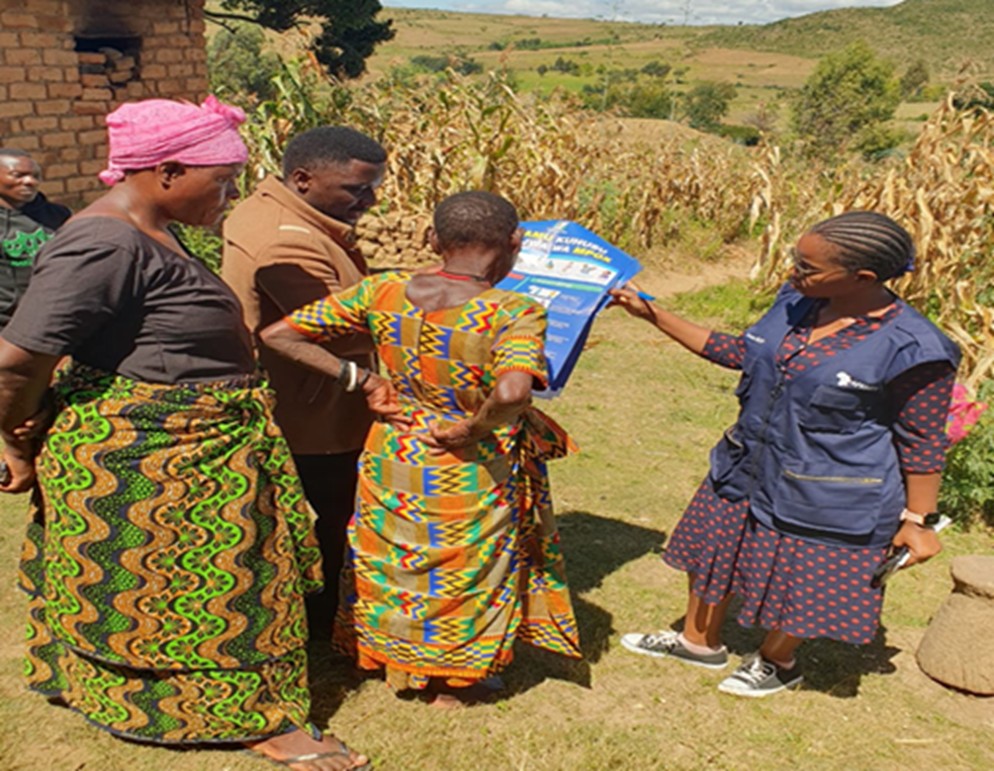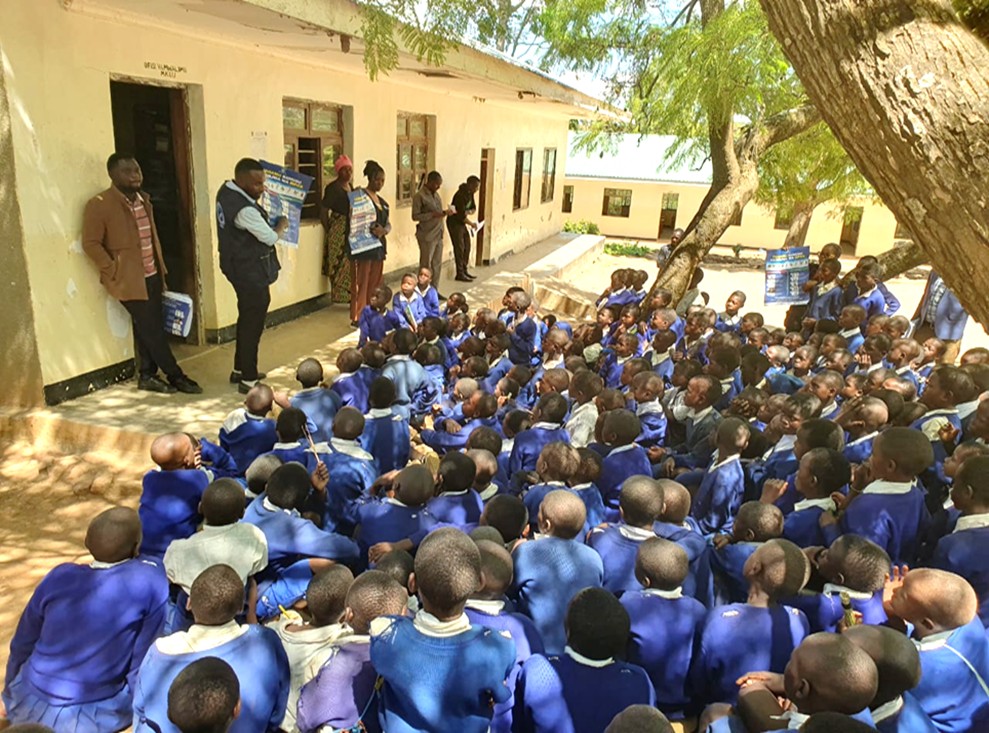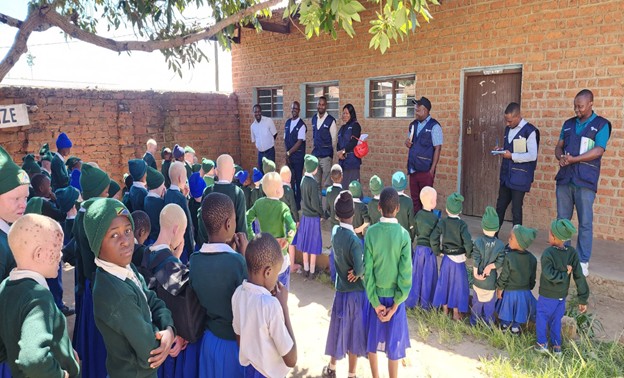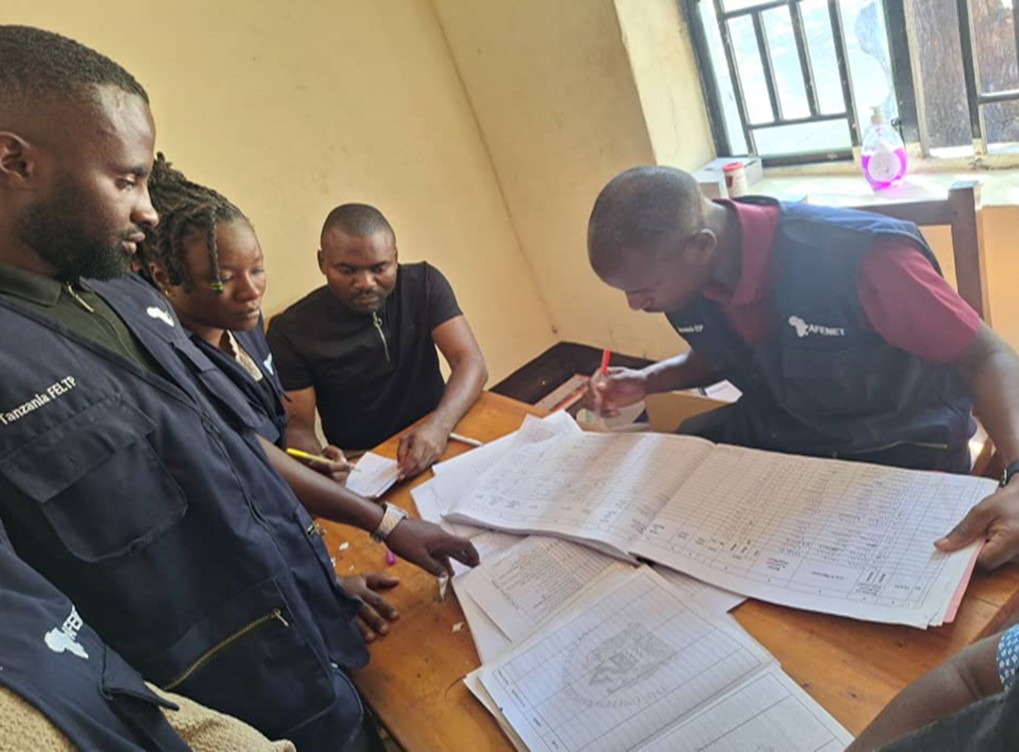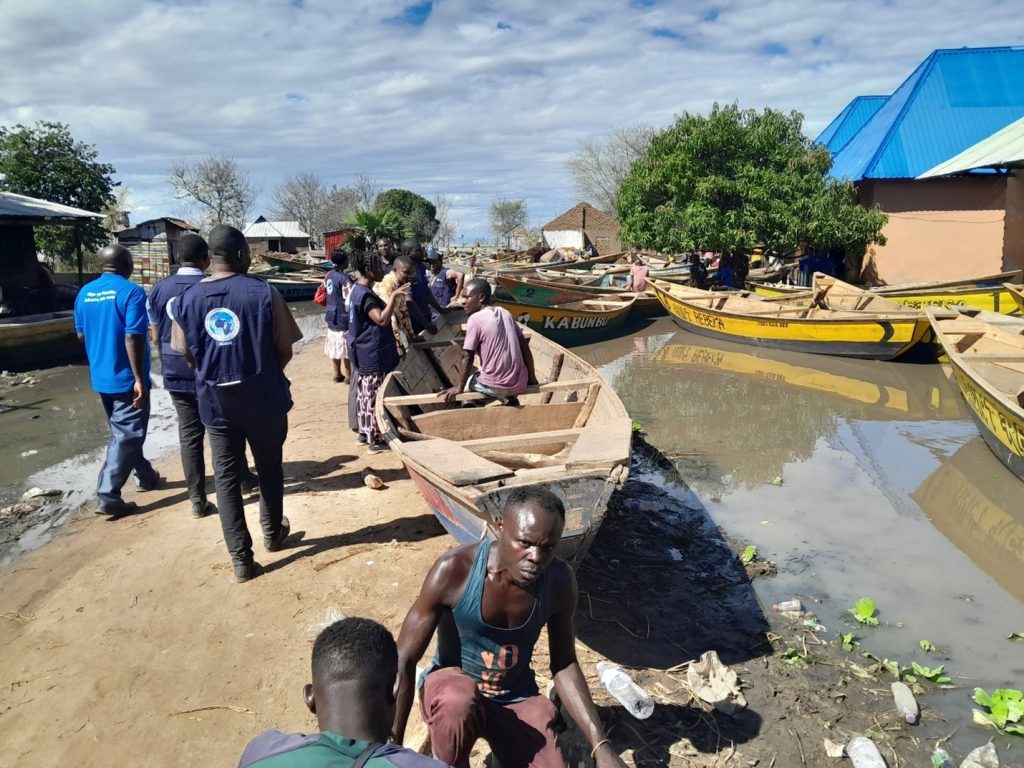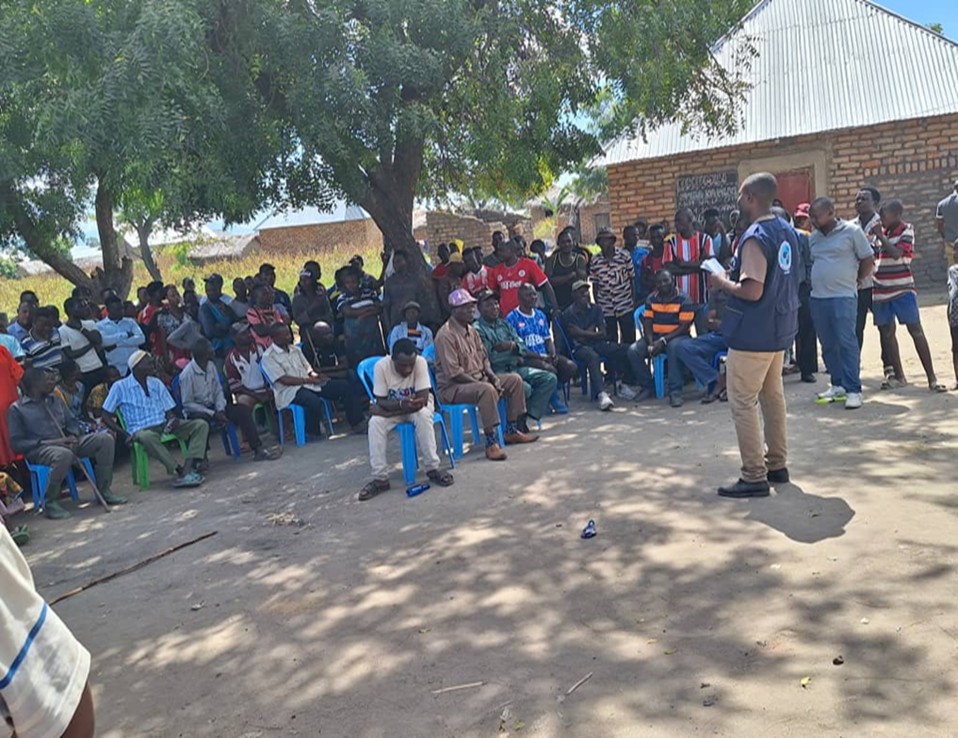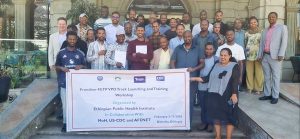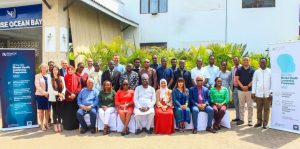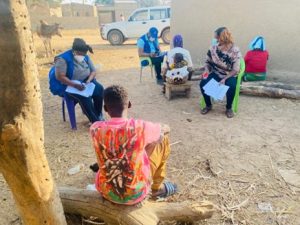Tanzania field epidemiology residents and mentors join response against cholera, Mpox in Rukwa Region
-
by
AFENET
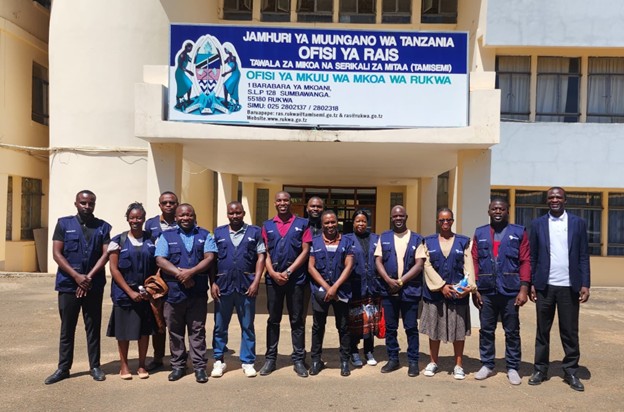
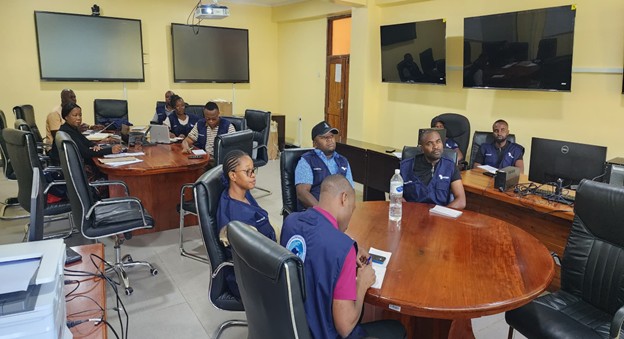
From May 14 to 22, 2025, a multidisciplinary team of eight Tanzania Field Epidemiology and Laboratory Training Program (TFELTP) residents (three from Cohort 16 and five from Cohort 17) and mentors was deployed to Rukwa Region to support the ongoing response to a cholera outbreak and conduct an Mpox sensitization activity. As of May 21, the region had recorded 1,323 cholera cases and 15 deaths (Case Fatality Rate: 1.1%), with over 93% of cases reported from Sumbawanga District Council.
The team played a critical role in strengthening key response pillars including surveillance, case management, laboratory support, coordination, risk communication and community engagement (RCCE), Water, sanitation and hygiene (WASH)/infection prevention and control (IPC), and logistics. Through a combination of field investigations and real-time data analysis, the team helped to identify and address critical gaps in the outbreak response.
An unmatched case-control study involving 85 cases and 147 controls revealed key risk factors for infection—namely, eating food prepared outside the home and having a household member with diarrhea. These findings guided targeted public health interventions.
To support community protection and behavior change, the team distributed over 5,000 water purification tablet strips, treated more than 2,000 liters of unsafe water, and conducted health education sessions for more than 350 pupils and community members. These efforts contributed to improved water safety, hygiene practices, and awareness in affected areas.
Despite notable challenges, including poor WASH infrastructure and low risk perception among the population, the coordinated field response helped contain the outbreak and build local response capacity.
In parallel, the team implemented proactive Mpox sensitization activities. Although no Mpox cases were detected during the deployment, health workers and communities were trained on disease recognition, prevention, and reporting procedures. These efforts strengthened surveillance and preparedness for potential future outbreaks.
